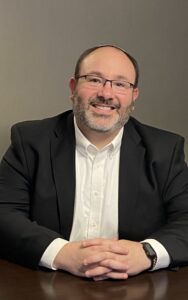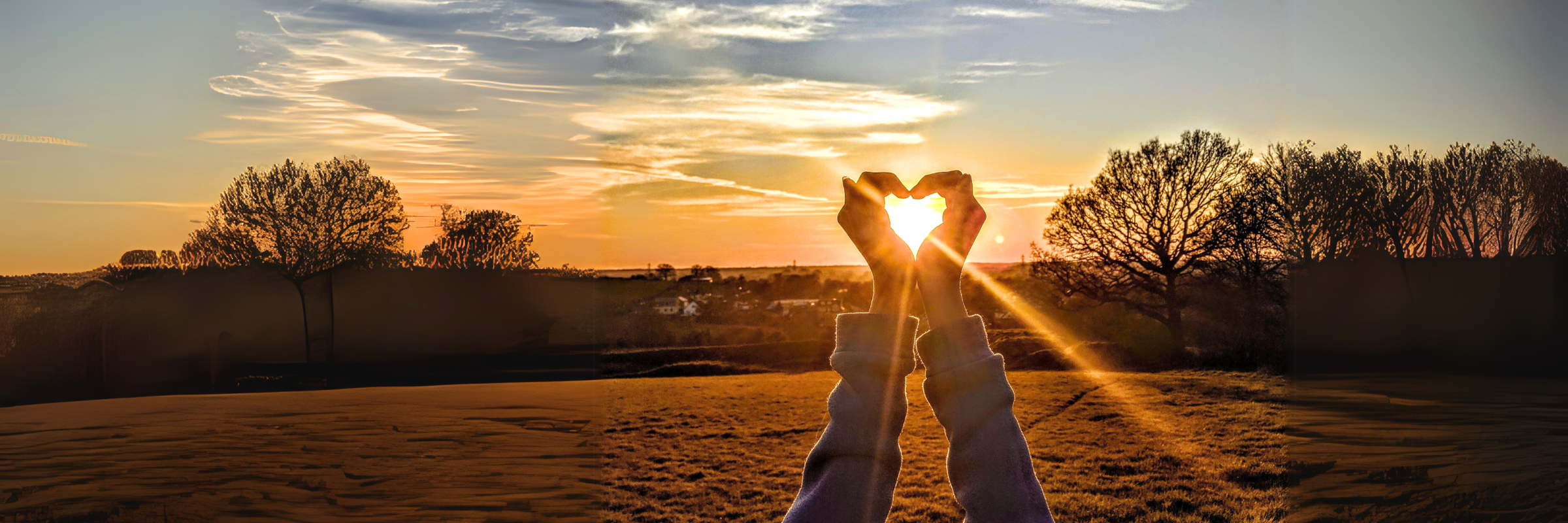Elul is the sixth month of the Jewish year and is a month that precedes the High Holy Days. It is seen as a time of reflection on the year that has transpired, so that we are prepared for the Days of Atonement that are just ahead. It is a month of connection to community, connection to family and connection to the Divine.While there are those that believe that Elul is a month of looking backward as we reflect on how our relationships with others and with God have been in the past year, I instead like to think of it as a month of goal setting and planning for the future. While we might think of this period of repentance as one that should begin with reflection on the past, Rabbi Jonathan Sacks, of blessed memory, wrote that “to mend the past, first you have to secure the future.” He looks at two characters in the Torah and contrasts them to the characters of the biblical readings for Rosh Hashanah. First, after the flood in Genesis, Noah looked back and was overwhelmed by his grief for a world that was no more. Later in Genesis, Lot’s wife, too, turned back to look at the destruction of Sodom and was transformed into a pillar of salt. It may seem obvious, but in order to truly move forward, then, you have to be looking ahead to the future. Rosh Hashanah focuses on this truth in the most profound way, with biblical readings that tell the stories of the births of Isaac to Sarah and Samuel to Hannah. Because, as we know, the birth of children represents our deepest investment in the future.
Rosh Hashanah is not just any other New Year’s celebration. It is a moment of reflection on the creative powers of the universe that make up the Divine. And in those visions, we see the beginning of a new opportunity for growth in the world and also in us. Only then, carrying a commitment to that growth, can we move into the intervening days and to Yom Kippur, where then we can look to the past and finally seek and receive atonement for the places where we missed the mark in the year that has ended. “Paradoxically in Judaism, the future comes before the past.” (Rabbi Jonathan Sacks, “Thoughts for Ellul,” September 4, 2014)
During this month of Elul then, I invite you to think not about the year that has occurred but rather to look ahead to the year that’s coming, to next summer. What is different about you? How have you grown? What have you learned? How have you let go of the things that held you back previously? Where have you found joy and fulfillment? How have your relationships with your family, your friends, and the divine, evolved? Within these reflective questions, you have the tools to invent a future that is different. And then, with those tools and that vision, you can plot a course of change and growth.
I invite you to make sure you are looking ahead this Elul. While it is important to understand the places where we have missed the mark in the year that is ending, if we want to truly make change, we must, as Rabbi Sacks reminded us, “focus on building a better future.” Then and only then can we truly complete the process of hesbon hanefesh, of accounting for our soul and only then can we enter into the New Year ready to do the work of building a better world.
Thank you so much. I wish for you an Elul that is full of future-tense language. Shanah Tovah Umetukah – I hope that your new year is sweet and joyful.
—
For more context, here are the full quotes from Rabbi Sacks’ teaching “The Future of the Past:”
“Surely the beginning of the days of repentance should begin with repentance? The answer is one of the deepest truths of Judaism. To mend the past, first you have to secure the future.“
“Then, having committed ourselves to the coming year, on the intervening days and Yom Kippur we can turn and apologise for last year. Paradoxically in Judaism the future comes before the past.”
“First we have to focus on building a better future. Then and only then we can redeem the past.”

Rabbi James Greene is a 2008 graduate of the Reconstructionist Rabbinical College. He has spent his career working in a variety of Jewish community organizations including JCCs and Jewish Camps, and currently serves as the Chief Executive Officer of Jewish Family Service of Western Massachusetts. Rabbi James is the president of the Reconstructionist Rabbinical Association and is a past chair of the Reconstructionist Educators of North America. He lives in Stafford, CT with his partner, Jen, and their two daughters.












